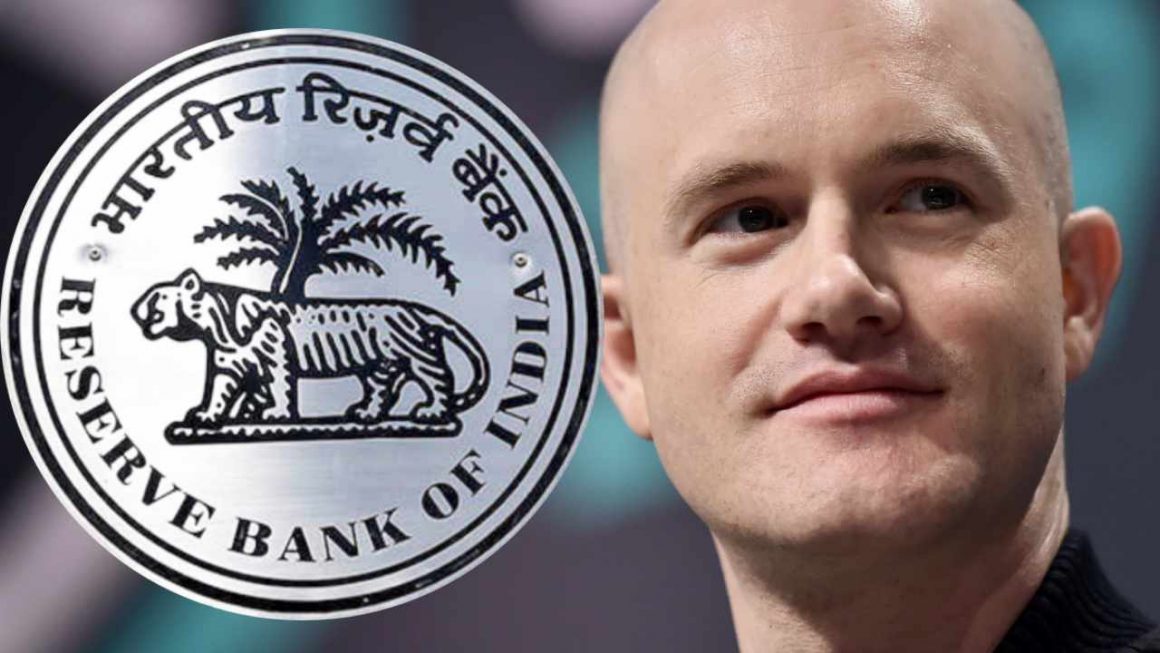Nasdaq-listed cryptocurrency exchange Coinbase said it suspended operations in India days after launching due to “informal pressure” from the country’s central bank, the Reserve Bank of India (RBI), according to CEO Brian Armstrong.
Coinbase shares experience in India
Coinbase Global gave an update on its Indian division during a phone call on Tuesday, specifically why the company left the Indian cryptocurrency market days after launching.
Anil Gupta, vice president of investor relations at Coinbase, asked CEO Brian Armstrong, “Some shareholders are curious about the latest developments in India. Can you explain the discontinuation of transfers through UPI [unified payment interface] there? And what impact will that have on your expansion plans in the market?”
Coinbase launched in India on April 7. Armstrong traveled to India to participate in the launch. At the time, the company said users could use UPI to buy cryptocurrencies on the platform. A few days later, however, the company disabled the UPI option.
“In India, people are very interested in cryptocurrencies. So we had an integration with what’s called UPI. And it was a great example of our international strategy,” Armstrong said during the earnings call. He clarified:
A few days after the launch, we pulled the plug on UPI because of unofficial pressure from the Reserve Bank of India, which is sort of the equivalent of the Treasury.
“India is a unique market in the sense that the Supreme Court has ruled that they can’t ban cryptocurrencies, but there are elements in the government, including the Reserve Bank of India, that don’t seem to be so positive about it,” says the Coinbase boss.
Armstrong noted that what the RBI is doing has been called a “shadow ban” by the media. “They’re essentially putting soft pressure behind the scenes to try to shut down some of these payments that may be going through UPI,” he clarified.
The Coinbase executive further said: “I think we have concerns that they might actually violate the supreme court’s decision, which would be interesting to find out if it were made.”
He continued: “But I think we’d rather just work with them and focus on the restart. I think we have a number of ways to restart with other payment methods. And that’s the default path.” Armstrong concluded:
I hope that we will get back to work in India in a relatively short period of time, along with a number of other countries where we are similarly doing international expansion.
Image Credits: Shutterstock, Pixabay, Wiki Commons

